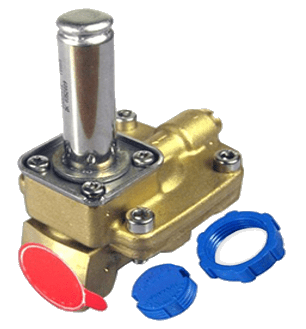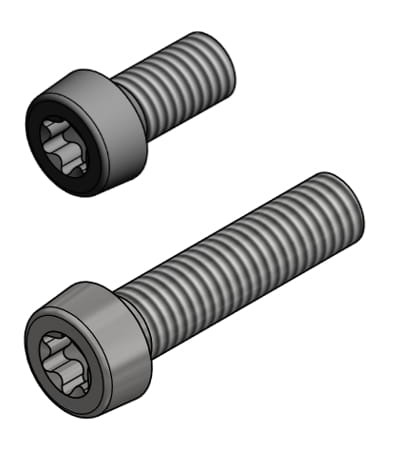Bossard engineers developed the perfect fitting screws (head geometry similar to ISO 14580, M6x12 as well as M10x22) in stainless steel. It had the following characteristics:
Material: The end customer's requirements were that the screws be able to withstand a salt spray test for at least 600 hours. The Bossard engineers proposed stainless steel in the A2-70 quality to meet this level of corrosion resistance. A4-70 steel would have a higher corrosion resistance, but it becomes brittle at low temperatures and was therefore not an option. The high demands for corrosion and temperature resistance as well as the strength requirements were all met with A2-70 steel. At 0.4 times the screw diameter, the elongation was well beyond the customer's requirements. The lower material costs were a positive side effect.
Automatic installation: Since faulty screws in automatic installation would hinder production and lead to high stoppage costs, it had to be ensured that the number of faulty specimens could be kept extremely low. Bossard guaranteed the customer a maximum of 500 faulty parts per one million screws (0.5%) with the M6x12 screw. A reliable processing was possible with this promise.
Tightening torque: During installation, the M6 screw will be tightened with 13 Nm while the M10 screw will be tightened with 39 Nm. The Bossard engineers developed an alternative head design to be able to ensure this required tightening torque. Standard screws would be damaged if exposed to these forces.



